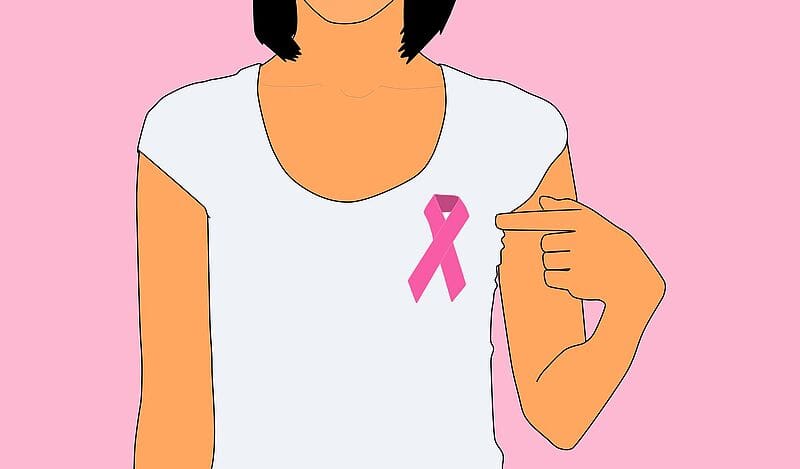German Cancer Aid calls for better aftercare for breast cancer survivors
With around 71,000 new cases every year, breast cancer is the most common type of cancer in Germany. Thanks to medical advances, more and more women are surviving the disease, but many face social and professional challenges after therapy. A study by the Department of Medical Sociology at the Hannover Medical School, funded by the German Cancer Aid with 110,000 euros, shows that former breast cancer patients participate less in social and professional life than women who do not have the disease.
The German Cancer Aid is therefore calling for an expansion of cancer aftercare in order to make it easier for affected women to return to a normal life. In Germany, there are around one million women who have survived breast cancer treatment. The study surveyed about 400 breast cancer patients aged 39 to 68 who had been treated four to six years ago and compared their answers with those of women of the same age from a population sample.

The results show that many former patients visit restaurants, cinemas or events less often and go on fewer excursions. The reasons for this are persistent complaints such as pain, psychological symptoms such as anxiety, depression or listlessness as well as the consequences of a mastectomy, which prevent some women from public activities. Especially women with low incomes, who suffer from severe symptoms, are less socially active. The disease also has professional consequences: almost 30 percent of those surveyed were no longer employed five years after therapy, and twice as many breast cancer survivors as healthy women retired early.
A return to work was facilitated by better physical and mental health, a higher professional status and a higher level of education. Patients with a secondary school diploma or a high school diploma were twice as likely to return to work than others. The study highlights the need to improve aftercare programs, especially for low-income women. Many participants wanted more support in dealing with pain, psychological stress and socio-legal advice in order to enforce their rights against insurance companies, authorities and employers. With the “Long-term survival after cancer” program, German Cancer Aid supports projects that are intended to improve the quality of life of cancer patients in the long term. Health, social and research policy is called upon to develop needs-based aftercare concepts in order to break down barriers to returning to social and professional life.
More on this in the current Annual Report: Annual Report
Editor: X-Press Journalistenbû¥ro GbR
Gender Notice. The personal designations used in this text always refer equally to female, male and diverse persons. Double/triple naming and gendered designations are used for better readability. ected.




